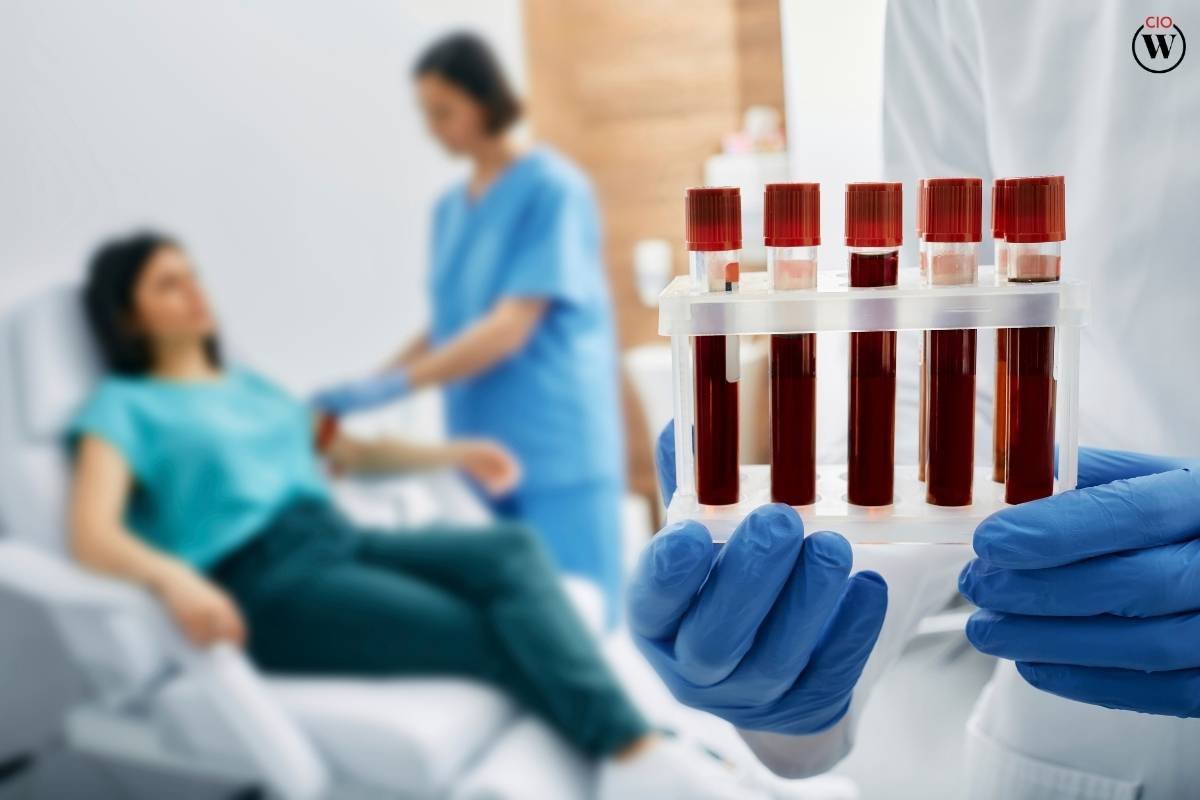Menopause is a natural biological process that marks the end of a woman’s menstrual cycles. During this phase, hormonal changes lead to a cessation of ovulation and a decline in reproductive function. However, despite the common understanding that menopause signifies the end of fertility, there are questions and misconceptions surrounding the possibility of becoming pregnant during this stage. In this article, we delve into the topic of whether it’s possible to get pregnant during menopause and explore the factors that may influence fertility during this phase of life.
Understanding Menopause
Menopause typically occurs in women around their late 40s to early 50s, although the exact timing can vary. It is diagnosed after 12 consecutive months without a menstrual period. The transition to menopause, known as perimenopause, can last for several years and is characterized by irregular menstrual cycles and fluctuating hormone levels.
During menopause, the ovaries gradually decrease their production of estrogen and progesterone, the hormones responsible for regulating the menstrual cycle and supporting fertility. As a result, ovulation becomes less frequent until it eventually ceases altogether. Without ovulation, the chances of conception are significantly reduced.
Can You Get Pregnant During Menopause?
While menopause typically signifies the end of fertility, it’s essential to understand that pregnancy during this stage is still technically possible, albeit rare. The reason lies in the unpredictability of the perimenopausal phase. Women may still experience intermittent ovulation during perimenopause, making pregnancy a remote possibility.
Factors Influencing Fertility during Menopause
Several factors can influence a woman getting pregnant during menopause and increase or decrease the likelihood of conception:
1. Hormonal Fluctuations:

During perimenopause, hormone levels fluctuate unpredictably, leading to irregular menstrual cycles. These hormonal fluctuations can occasionally trigger ovulation, albeit less frequently than during a woman’s reproductive years.
2. Age:
Advanced maternal age is associated with a decline in fertility due to diminishing ovarian reserve and egg quality. While pregnancy becomes increasingly challenging with age, it’s not impossible for women in their late 40s or early 50s to conceive naturally, albeit with a lower success rate.
3. Contraceptive Use:
Some women may assume they no longer need contraception once they reach menopause. However, it’s crucial to continue using contraception until menopause is confirmed to avoid unintended pregnancies during the perimenopausal phase.
4. Medical Conditions:
Certain medical conditions or treatments can affect fertility during menopause. For example, women undergoing hormone replacement therapy (HRT) may experience temporary resumption of ovulation, increasing the risk of pregnancy.
5. Unprotected Intercourse:
Engaging in unprotected intercourse during perimenopause, especially if ovulation occurs unpredictably, can potentially result in pregnancy. It’s essential to use contraception consistently unless pregnancy is desired.
6. Lifestyle Factors:
Certain lifestyle choices, such as smoking, excessive alcohol consumption, and being overweight or underweight, can impact fertility during menopause. These factors can affect hormone levels, ovulation, and overall reproductive health, potentially reducing the chances of getting pregnant during menopause.
The Role of Testing and Diagnosis
For women in their late 40s or early 50s who are unsure about their menopausal status, testing and diagnosis can provide clarity. Hormone-level testing, particularly follicle-stimulating hormone (FSH) and anti-Müllerian hormone (AMH) tests, can help determine ovarian function and assess fertility potential.

Additionally, healthcare providers may recommend pelvic ultrasound scans to evaluate ovarian reserve and detect any signs of ovulation. These diagnostic tests can help women understand their fertility status and make informed decisions about contraception and family planning.
Preventing getting Pregnant during Menopause
While the chances of pregnancy during menopause are relatively low, it’s essential for women to take appropriate precautions to prevent unintended pregnancies during the perimenopausal phase. Here are some preventive measures to consider:
1. Consistent Contraception:
Women who are sexually active and not yet confirmed to be postmenopausal should continue using contraception to prevent pregnancy. Options include barrier methods, hormonal contraceptives, intrauterine devices (IUDs), and sterilization.
2. Consultation with Healthcare Providers:
Regular gynecological check-ups and discussions with healthcare providers can help women navigate the menopausal transition and address any concerns about fertility and contraception.
3. Education and Awareness:
Educating oneself about menopause, fertility, and contraception is essential for making informed decisions. Women should be aware of the potential for pregnancy during perimenopause and take appropriate measures to prevent it if desired.
4. Lifestyle Modifications:

Maintaining a healthy lifestyle, including regular exercise, a balanced diet, and avoiding tobacco and excessive alcohol consumption, can support overall reproductive health during menopause.
5. Lifestyle Factors:
Certain lifestyle choices, such as smoking, excessive alcohol consumption, and being overweight or underweight, can impact fertility during menopause. These factors can affect hormone levels, ovulation, and overall reproductive health, potentially reducing the chances of conception.
Conclusion
In conclusion, while menopause typically marks the end of fertility, the possibility of becoming pregnant during this stage is not entirely ruled out. Women in their late 40s to early 50s may still experience intermittent ovulation during perimenopause, increasing the risk of unintended pregnancy. Understanding the factors that one’s ability to get pregnant during menopause and taking appropriate preventive measures are crucial for women’s reproductive health and well-being. By staying informed, consulting healthcare providers, and practicing consistent contraception, women can navigate the menopausal transition with confidence and peace of mind.









